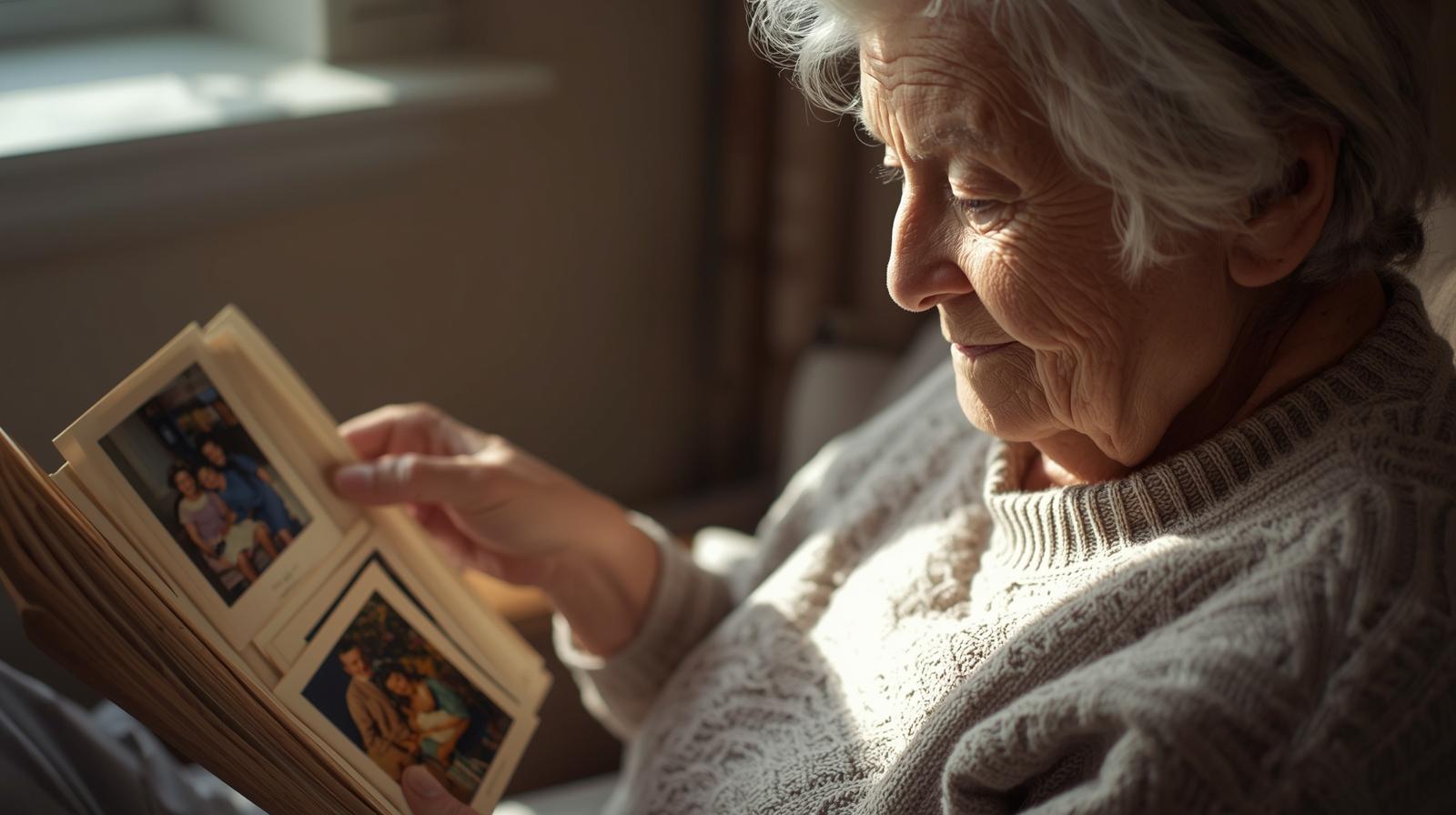Loneliness, Legacy, and the Systems That Remember Us

We don’t talk enough about what it feels like to disappear gradually. Not physically, but socially. Quietly. Over time.
This is the reality for many older adults today—living longer, but increasingly disconnected. As families spread out, as communities thin, and as technology moves at a pace not designed for them, they’re left with less: fewer conversations, fewer roles to play, fewer chances to be heard.
At Cogensus, we’re interested in building systems that do more than respond. We ask: What would it mean to design for continuity? For memory? For legacy?
Because the truth is, loneliness isn’t just an emotional experience—it’s a systems failure. And it’s one we can do something about.
We need tools that don’t just assist people, but truly see them. Systems that can keep someone company, notice patterns in their wellbeing, remind them of important things—not just schedules, but stories. Not just health data, but moments of meaning.
The tools exist. The challenge now is intent. Are we building technology just to make life more efficient, or are we building to make life more connected?
One of the most powerful things we can offer someone as they age is the chance to be remembered—in their own words. That’s not just a gift to them, but to everyone around them: children, grandchildren, communities.
What if we designed platforms that helped people tell their stories naturally over time—conversations, memories, values—captured and shared in meaningful ways? Not flashy digital memorials, but something quieter and more lasting: a record of presence. A sense of “I was here, and this is who I was.”
This isn’t about technology replacing human contact. It’s about using it to hold space for connection when people aren’t always available. It’s about treating memory as infrastructure—something worth investing in.
The aging population is growing. That’s a demographic trend. But it’s also a design opportunity: to create systems that don’t just serve people, but honor them.
We need to think beyond care as logistics—medication reminders, fall detection, transportation—and start thinking about care as relationship, as continuity, as belonging.
Because aging isn’t just a personal journey. It’s a cultural mirror. It shows us what we value: speed or presence, novelty or wisdom, productivity or legacy.
At Cogensus, we believe in designing systems that remember what the world too easily forgets.
